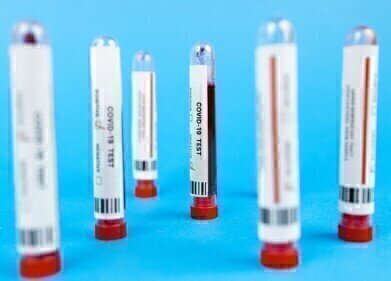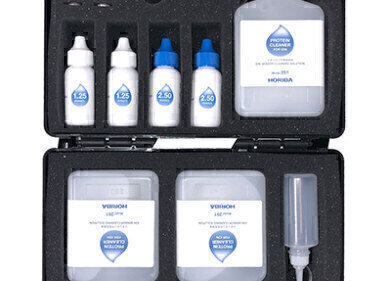Blood
How Are Blood Samples Transported?
Feb 27 2022
Blood samples play a critical role in diagnosis, with the NHS revealing roughly 95% of clinical pathways depend on pathology services. Defined as the study of disease, pathology relies on a variety of analytical methods, including blood tests.
In the UK alone, hospital labs run more than 1 billion tests every year, many reliant on blood samples. From the moment blood is extracted from a patient and funnelled into a vial, best-practice sample transportation practices are essential.
Read on for a closer look at how blood samples are transported in the UK and around the world.
Temperature requirements
To preserve the integrity of blood samples and ensure accurate test results, it’s important to consider temperature requirements for different sample types. Generally, blood samples are stored at room temperature (between 15°C and 30°C), fridge temperature (between 2°C and 10°C) or frozen (20°C or lower). These temperatures must be maintained during storage and transport.
Temperature guidelines will depend on the way blood is extracted, what tests are being run, how it will be transported and a range of other variables. For example, most blood samples used for molecular genetic tests remain stable at room temperature for up to 30 days. For tests that rely on live blood cells, samples must be frozen or cultured to preserve integrity.
If serum samples need to be extracted from whole blood, the separation process should take place within two hours of extraction. Depending on the tests required, additives such as blood thinner or clot accelerator may be used to improve the storage and transport process.
Adhering to Health and Safety Executive regulations
The Health and Safety Executive (HSE) is dedicated to protecting Brits in the workplace. The government agency has strict rules regarding the transport of some blood samples that pose a risk to public safety. Generally, most potentially infectious samples that fall under Category B - UN 3373 can be sent by regular postal service, so long as packaging meets International Civil Aviation Organisation (ICAO) standards. Depending on the courier and transport requirements, it may be necessary to send Category A samples with a different provider.
The "shelf life" of blood
Most blood banks allocate blood a “shelf life” or around six weeks. However, a research from Johns Hopkins University warns it could be much lower, with red blood cells showing signs of deterioration at around three weeks. Researchers warn this can compromise flexibility and hinder the ability of red blood cells to circulate oxygen through the body.
The importance of best-practice blood sample transportation
As well as fast-tracking results, research from NHS Innovation suggests best-practice blood sample collection, processing, storage and transportation procedures can save lives. The study found that in hospital settings basic process improvements can have a “significant impact on other areas, such as patient safety in the operating theatre (by improving the availability of group and screen results prior to surgery) and to length of stay.”
Want to know more about the strict rules and regulations surrounding the transport of blood samples and other specimens? We cover all bases in ‘Sample Transportation in Laboratory Explained’.
Digital Edition
Lab Asia 32.2 April
April 2025
Chromatography Articles - Effects of small deviations in flow rate on GPC/SEC results Mass Spectrometry & Spectroscopy Articles - Waiting for the present to catch up to the future: A bette...
View all digital editions
Events
Apr 09 2025 Tokyo, Japan
Apr 22 2025 Hammamet, Tunisia
Apr 22 2025 Kintex, South Korea
Analytica Anacon India & IndiaLabExpo
Apr 23 2025 Mumbai, India
Apr 23 2025 Moscow, Russia



















